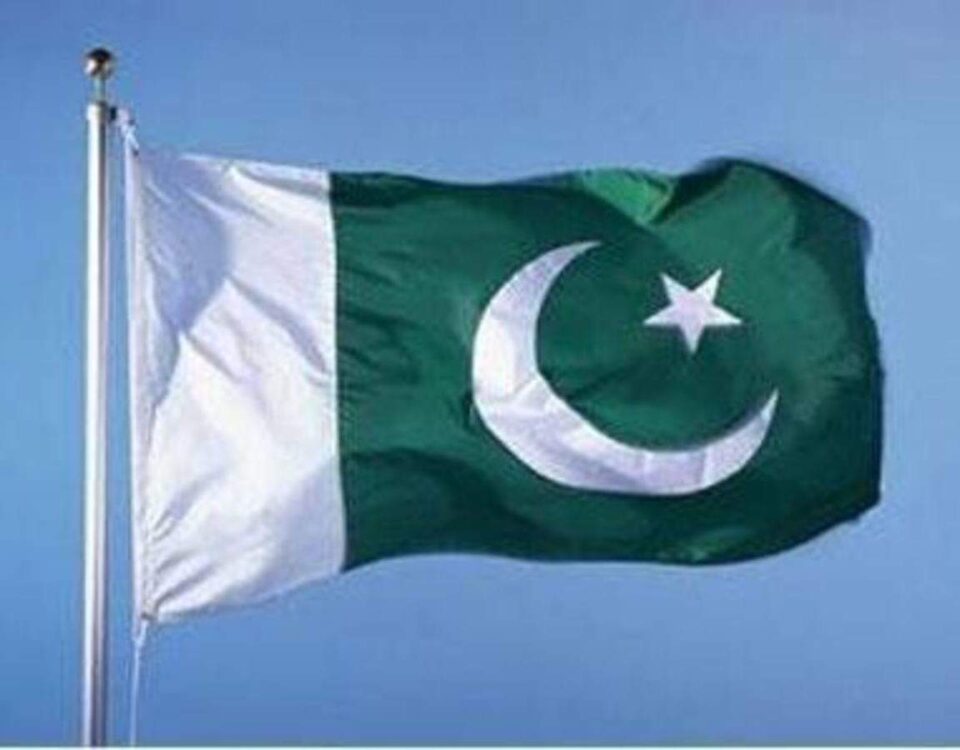Pakistan’s economy is highly centralized and deeply politicized. The government controls expenditures, appointments, regulatory bodies, universities, and more. This immense concentration of power makes political office a coveted prize, fueling intense political rivalries and confrontations. Elections become battles for absolute control, exacerbating instability.
The core issue lies in centralized authority. Ministers and bureaucrats dominate decision-making, appointments, and institutional policies. Secretaries, as principal accounting officers, oversee finances and operations, often sitting on boards of “autonomous” agencies, undermining their independence. Appointments are rarely based on merit, favoring political and bureaucratic interests instead. This centralization stifles innovation, accountability, and institutional independence, fostering dependence on political approval.
Parliamentary processes also reflect this centralized mindset. Laws are passed without debate, and agencies are structured to ensure bureaucratic and political control. Governing boards are often filled with officials who hold multiple roles, prioritizing control over efficiency. Financial oversight is similarly weak, with amendments eroding parliamentary budget scrutiny.
The media, another instrument of influence, mirrors this polarization. The ruling party uses funds and pressure tactics to control narratives. Opposition parties decry this when out of power but follow suit once in office. Consequently, media outlets often amplify partisan divides rather than fostering balanced public discourse.
This politicization extends to law enforcement, where police operations, promotions, and transfers are politically motivated, eroding public trust and undermining the rule of law. The broader impact is severe: institutional credibility declines, governance becomes unstable, and economic growth suffers. Political instability deters investment, and societal divisions are deepened for electoral gains.
Political thinkers have long warned against excessive politicization. Democracy requires depoliticized institutions—judiciaries, regulatory bodies, universities, civil services, and public services—to maintain balance and serve the common good.
In Pakistan, reforms must focus on decentralizing authority and strengthening institutional autonomy. This includes:
1. Merit-Based Recruitment: Replacing political appointments with transparent, competence-based systems.
2. Institutional Independence: Granting judiciary, universities, regulatory bodies, and public agencies true autonomy with legal protections.
3. Streamlined Governance: Reducing bureaucratic inefficiency by merging or abolishing redundant ministries.
4. Depoliticized Public Services: Ensuring sectors like education, healthcare, and infrastructure operate independently and transparently.
5. Separation of policy, regulation and implementation: currently ministers and secretaries own all these agencies and run them as personal fiefdoms. The must all be separate and clearly demarcated.
Depoliticization is essential to reduce the “winner-takes-all” stakes of political power, fostering fairness, meritocracy, and effective governance. Simplifying structures and limiting political interference will strengthen democracy, improve governance, and promote long-term stability. Reform is urgent—Pakistan’s future depends on it.




